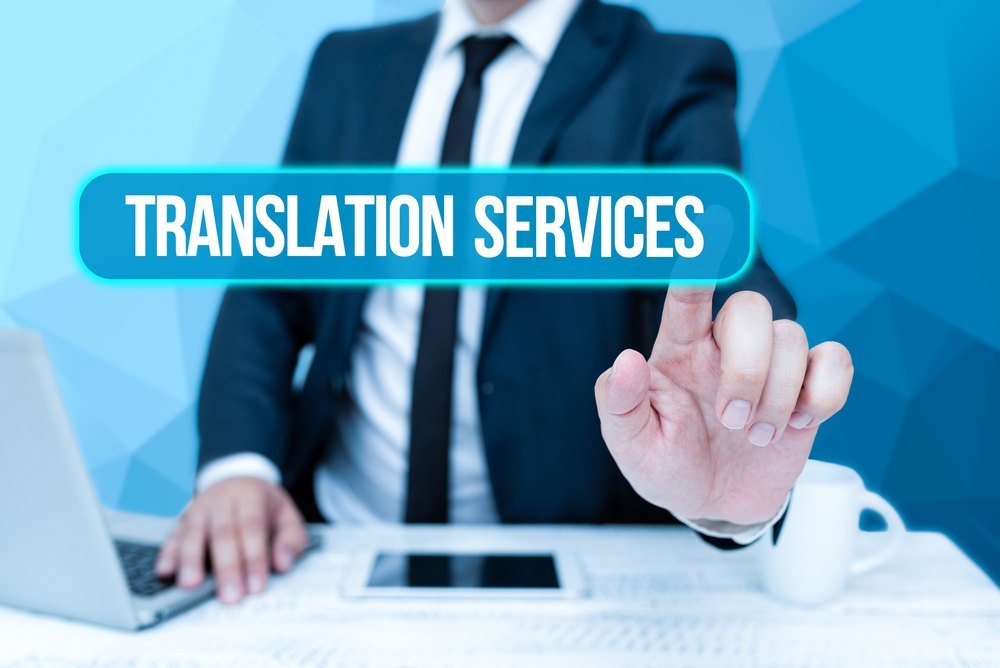In an increasingly interconnected world, communication across linguistic barriers is not just a convenience—it’s a necessity. Whether for business, legal matters, healthcare, education, or international diplomacy, accurate translation ensures that messages are not just heard but understood. Translation services play a critical role in enabling this global dialogue by converting written or spoken content from one language into another while preserving meaning, context, and cultural nuance.
In essence, translation services help bridge the gap between languages, allowing organizations and individuals to communicate effectively across borders. With the rise of digital communication and global commerce, the demand for professional translation has surged. From multinational corporations looking to expand into new markets to governments coordinating international treaties, the ability to communicate clearly in multiple languages is indispensable.
The Scope of Translation Services
Translation is far more than simply converting words from one language to another. It requires a deep understanding of both the source and target languages, including cultural context, industry-specific terminology, and local dialects. Professional translation services encompass a variety of specializations, including:
- Legal translation: Contracts, court documents, patents, and immigration papers must be translated with precision to avoid misinterpretations.
- Medical translation: Medical reports, prescriptions, and patient information need accurate translation to ensure proper care.
- Technical translation: Instruction manuals, engineering documents, and scientific research require translators familiar with specialized vocabulary.
- Website and software localization: Digital content must be adapted for foreign audiences, not just translated literally.
Professional translators often work in tandem with subject matter experts and use advanced tools like computer-assisted translation (CAT) software and translation memory systems to maintain accuracy and consistency.
Why Translation Services Are More Important Than Ever
The digital age has dramatically increased the need for multilingual content. Businesses aiming for global growth must connect with consumers in their native language to build trust and loyalty. Studies consistently show that customers are more likely to buy from websites available in their own language.
In addition to commercial advantages, translation services are vital for international cooperation and public health. During global events such as pandemics, translating health guidelines and research helps ensure that critical information reaches everyone, regardless of language. Similarly, humanitarian organizations rely on accurate translation to provide aid in conflict zones and disaster areas.
Education and academia also benefit from translation. Research findings can be disseminated across countries, students can access a broader range of learning materials, and universities can attract international students by offering multilingual content.
The Risks of Poor Translation
Inaccurate translations can have serious consequences. A minor error in a medical document can put lives at risk. In legal contracts, mistranslations can lead to costly disputes. Even in marketing, a poorly translated slogan can damage a brand’s reputation.
Machine translation tools like Google Translate can be useful for casual or personal use, but they often fall short when nuance, tone, and cultural sensitivity are important. Professional translation services ensure high-quality results that machines alone cannot provide.
Human Touch in the Era of AI
While artificial intelligence (AI) and machine learning have made significant strides in automated translation, the human touch remains irreplaceable in many scenarios. AI can handle basic translations efficiently, but it struggles with idiomatic expressions, humor, cultural references, and emotional tone. Human translators bring empathy, contextual understanding, and creativity—elements that are crucial in literary, legal, and promotional content.
Hybrid models, where machines handle initial drafts and human translators refine them, are becoming more common. This combination leverages the speed of technology and the insight of experienced professionals, delivering both efficiency and quality.
Conclusion
As global interactions continue to rise in every sector, the importance of translation services cannot be overstated. They are essential tools for promoting understanding, ensuring accuracy, and building connections across cultures. Whether you’re a business seeking international growth or an individual needing personal documents translated, professional translation services offer reliability and clarity in a multilingual world. By investing in expert translation, we take a vital step toward a more connected and inclusive future.




